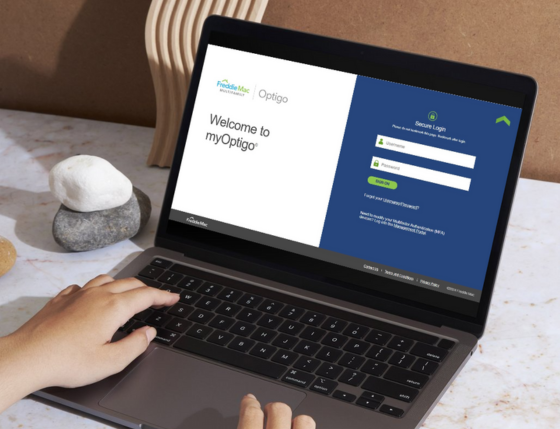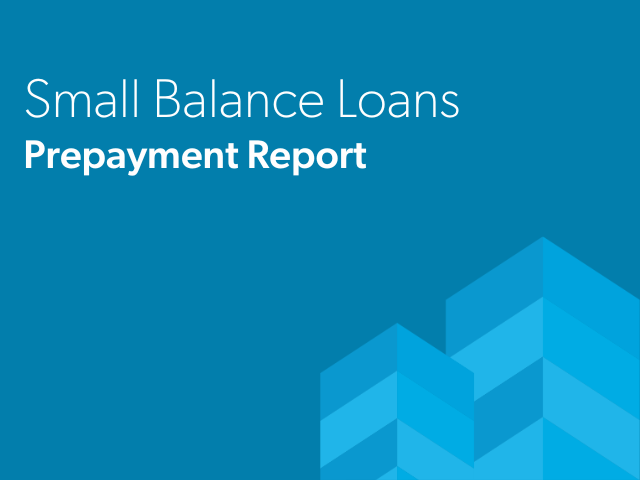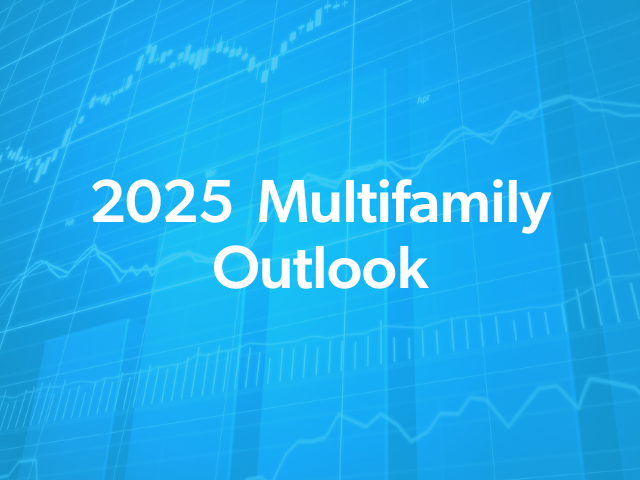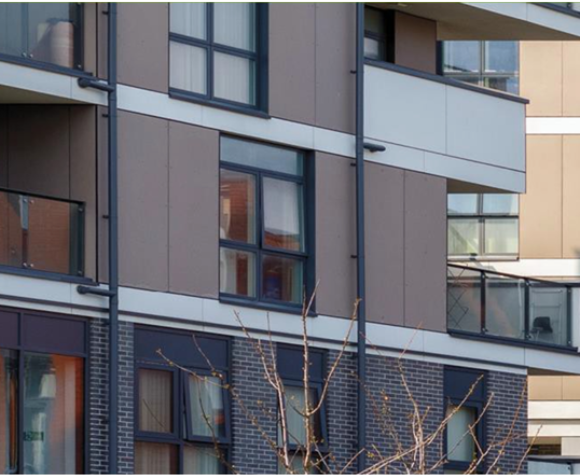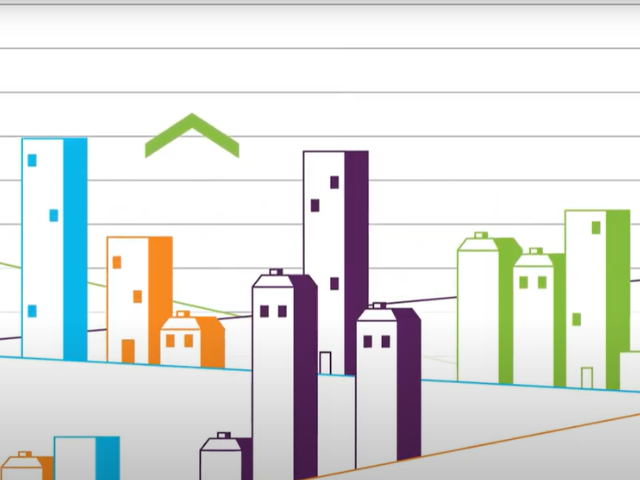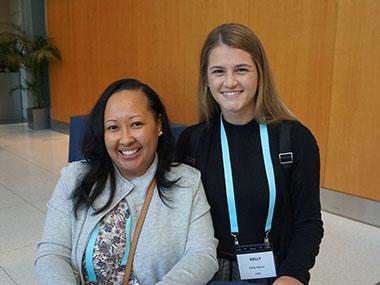Floating-Rate Prepayment Report, as of July 2021
Freddie Mac Multifamily introduced the KF series of floating-rate K-Deals® to our securitization platform in October 2012. This offering provides borrowers with the ability to obtain financing indexed to lower, short-term rates along with more prepayment flexibility. Through July 2021, Freddie Mac has funded and securitized over 5,200 floating-rate loans totaling over $125 billion of original unpaid principal balance.
Unlike our standard, fixed-rate K-Deal where loans have a lockout period followed by defeasance, our floating-rate program provides borrowers with more flexible prepayment options. The majority of borrowers opt for a one-year lockout followed by 1% prepayment premium on the outstanding balance of the loan, which increased one percentage point from the January 2021 report. Approximately 6% have a 2-year lockout period followed by a 1% premium. The 3%-2%-1% step-down prepayment penalty structure is the next most common at 3% of origination business. The remaining 7% of business has varying lockout periods followed by prepayment penalties, step-down structures, or a combination of the two.
Nearly all of our floating-rate loans are either 7- or 10-year terms, making up 99% of floating-rate business. They are nearly evenly split with 7-year totaling 50% and 10-year term at 49% of our business. Since the January 2021 report, 10-year loans have gained favorability compared with 7-year loans, increasing six percentage points, and 7-year loans have declined by five percentage points. Only 2% of these loans have a 5-year term, the same level as January of this year.
In this report, we leverage our own data and focus on the voluntary prepayment activity of our floating-rate K-Deals over a 12-month period ending in July 2021. We look at prepayment speeds, lockout periods, seasoning and find that prepayments are generally highest when prepayment premiums are lowest and among the more seasoned loans.

